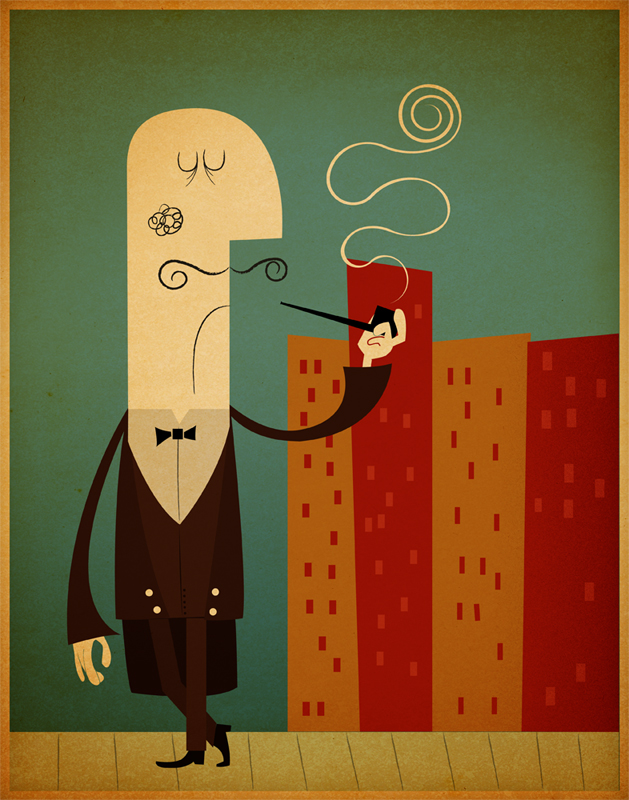Lately I’ve actually developed an interest in the music
dramas of Wagner. I want to know more, and I need something between Two-page Synopses of All the Great Operas
and Tristan und Isolde: a Note by Note Analysis*.
I mean, I can easily track down a plot summary and the libretto. I want to know more about how the opera is put together and what it all means; but I don’t need a schematic drawing. There actually are many good middle-ground books on opera, but—especially when shopping online—it’s all too easy to end up buying a textbook.
Now I am not against textbooks. Textbooks can be awesome
resources if used cautiously. But, oh my, textbooks can be dense. Sometimes it seems the author is deliberately using
big words to make the topic seem more complicated and/or scholarly. It’s pretty clear professors
write many of these books to use in the classes they teach.
A good warning sign
that you are about to buy a textbook is the name of the publisher; anything
ending in University Press should
automatically be suspect. Another good clue, though it’s too late by then, is
when you buy a used book, and find that you are the first person who ever
opened it.
 Something else to watch out for is the copyright date. In my 400-level choral
lit class in grad school, one undergrad brought in as her main source on
Mozart a book published in 1933.
Something else to watch out for is the copyright date. In my 400-level choral
lit class in grad school, one undergrad brought in as her main source on
Mozart a book published in 1933.
“That’s pretty contemporary, isn’t it?” she asked charmingly.
“Not really,” replied the professor (a renowned scholar and Grammy Award-winning
choral director) as calmly as possible.
Obviously the main disadvantage of
older sources is outdated research. The other hazard is outdated language. I
have a book about Wagner (it was free on Kindle—that should have been my first clue) that
begins like this:
As the springtide of 1838 was melting into early summer the poet and musician of spring days and summer nights was born at the house of the Red and White Lion on the Brühl in old Leipzig. The precise date was May 22…**
“Hmm,” I thought to myself, “Why didn't he just say ‘Richard
Wagner was born on May 22, 1838 in Leipzig?’ This is going to be slow going!”
 But hey, it was free! I may
continue reading it someday, when I have run out of everything else to read, I
have reorganized my sock drawer alphabetically, taken Benadryl, had some warm milk, and still can’t sleep!
But hey, it was free! I may
continue reading it someday, when I have run out of everything else to read, I
have reorganized my sock drawer alphabetically, taken Benadryl, had some warm milk, and still can’t sleep!
Recently, in search of greater knowledge, I started
looking for materials on opera directing, staging, and interpretation. (This was
the original point of this post.) I found an awesomely informative book—a book I've alluded to before.
The only downside is I need to hire a PhD to translate it
for me. It’s not in German or French or
Italian; it’s in Academese. This book is textbook par excellence, and I will discuss it in an upcoming post.
Well, this is a stretch, but instead of a book about opera, here is a book in an opera.
Kathleen Battle is Adina
(Frankly, I like this production
better than the Met's new one!)
*As far as I know, neither of these books exists. I just made them up!
**Runciman, John F. Richard Wagner: Composer of Operas. London: G.Bell and Sons, Ltd.,1913.

One of the best books on the major cononical Wagner operas is Newman's Wagner Nights. I seem to recollect that it was titled differently in the UK. I can't rightly remember. At any rate each opera is given the basic synopsis but Newman does go into detail as regards the source material, historical backgroung, etc. Of course it was written some time ago and there are doubtless newer books that may (or may not) cover the same material. I foolishly gave my copy away.
ReplyDeleteWhile on the subject of Wagner let me recommend two fairly recent books on related subjects. The bio of Winifred is fascinating. She was a complex woman as well as being a very foolish one as well. Wieland is not quite the "pure" German even though he was chosen to run Bayreuth over Wiinifred whose relation with Hitler condemned her from such a position. The other is a biography of Cosima. Another complex woman as well as being an infuriating one as well. Both are highly readable and should be available at your library. Possibly they have been released in soft cover by now.
On another related subject is Spots' book on Bayreuth, its history and some detail about all the productions up to the Kupfer Ring.
Thanks David, someone else recommended the Newman book. I will check on those others as well. I am reading a book called The Wagner Clan, by... well I am too comfortable to go look it up. But it's pretty good. That Spots book sounds fascinating!
Delete